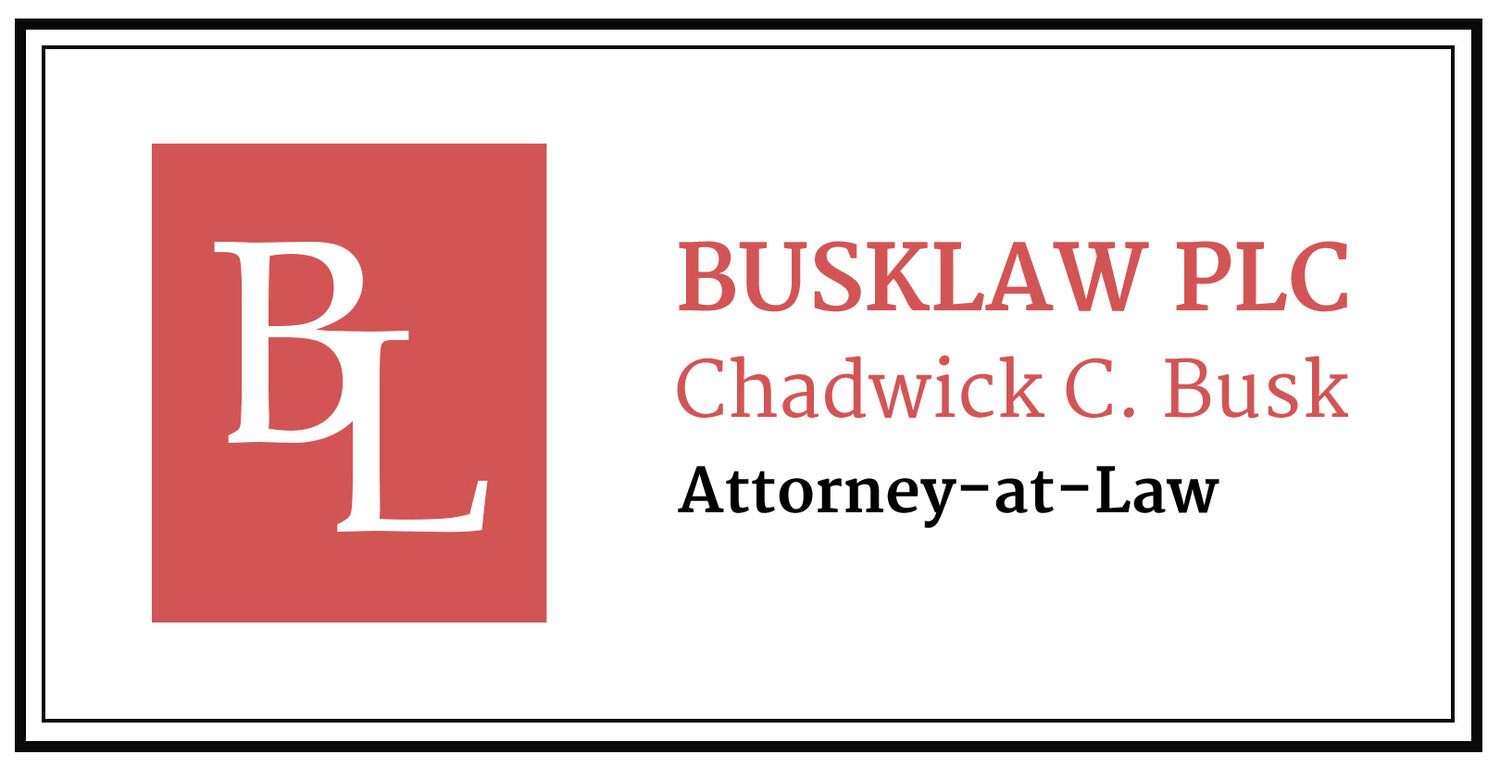Since my retirement from in-house corporate law in 2014, I've written or co-written several articles about using plain-language in contracts for the Michigan Bar Journal. And a new article has recently appeared in the October 2017 issue. But those articles haven't been a lone endeavor in any sense; I've had several plain-language experts give me their input along the way:
- Plain English Scholar and WMU-Cooley Law School Distinguished Professor Emeritus Joe Kimble who invited me to write for the Journal to begin with and has since freely given me editorial advice that not only benefits the particular article du jour but also helps my legal writing generally. And a hat tip to Journal Editor Linda Novak who has put, editorially-speaking, the "frosting on the cake" before publication of these articles.
- Michael Braem, J.D., Contract Manager of the Michigan State University College of Human Medicine, who has co-authored some of the articles with me. Michael has also become a friend who doesn't mince words about 45's daily shenanigans.
- Dr. Peter Schakel, Hope College English Professor Emeritus. Peter taught me basic writing at Hope College as a freshman in the fall of 1970. He was also my debate coach and mentor while at Hope. After retiring from Hope a few months ago (he joined the faculty in 1968!), he is still teaching at Hope part-time We meet for lunch in Holland at least once a year and talk about good writing style. I quoted Peter's thoughts on The Burkean Pentad in the Curiouser article cited below.
- Ken Adams, J.D., legal writing expert par excellence and the author of what may be described as the plain-language Bible in contract drafting: A Manual of Style for Contract Drafting. I've learned a lot from Ken's book and blog and don't pretend to match his expertise gained from years of thinking and writing about plain-language concepts.
So I thank Joe, Linda, Michael, Peter, and Ken for giving this plain-language convert their valuable editorial assistance and sage advice. They refined my written thoughts on plain-language concepts and were never hesitant to give me constructive criticism.
So here are the titles of and links to the Journal articles (in PDF format) that I have thus far authored or co-authored in chronological order (most recent first):
MBJ Month & Year
|
Author(s) & Title
|
October 2017
|
|
October 2016
|
Busk & Braem, Curiouser and Curiouser Excuses for Legal Jargon
|
August 2015
|
|
February 2015
|
|
January 2015
|
Finally, I would be remiss not to call out those few lost legal souls, deaf to the merits of plain language in contract drafting, who have crossed my path over the years. Debate is healthy unless you start from a bias that tolerates - or favors - legal jargon. Then it's pointless.
____________________________________
If you find this post worthwhile, please consider sharing it with your colleagues. The link to this blog is www.busklaw.blogspot.com and my website is www.busklaw.com. And my email address is busklaw@charter.net. Thanks!



